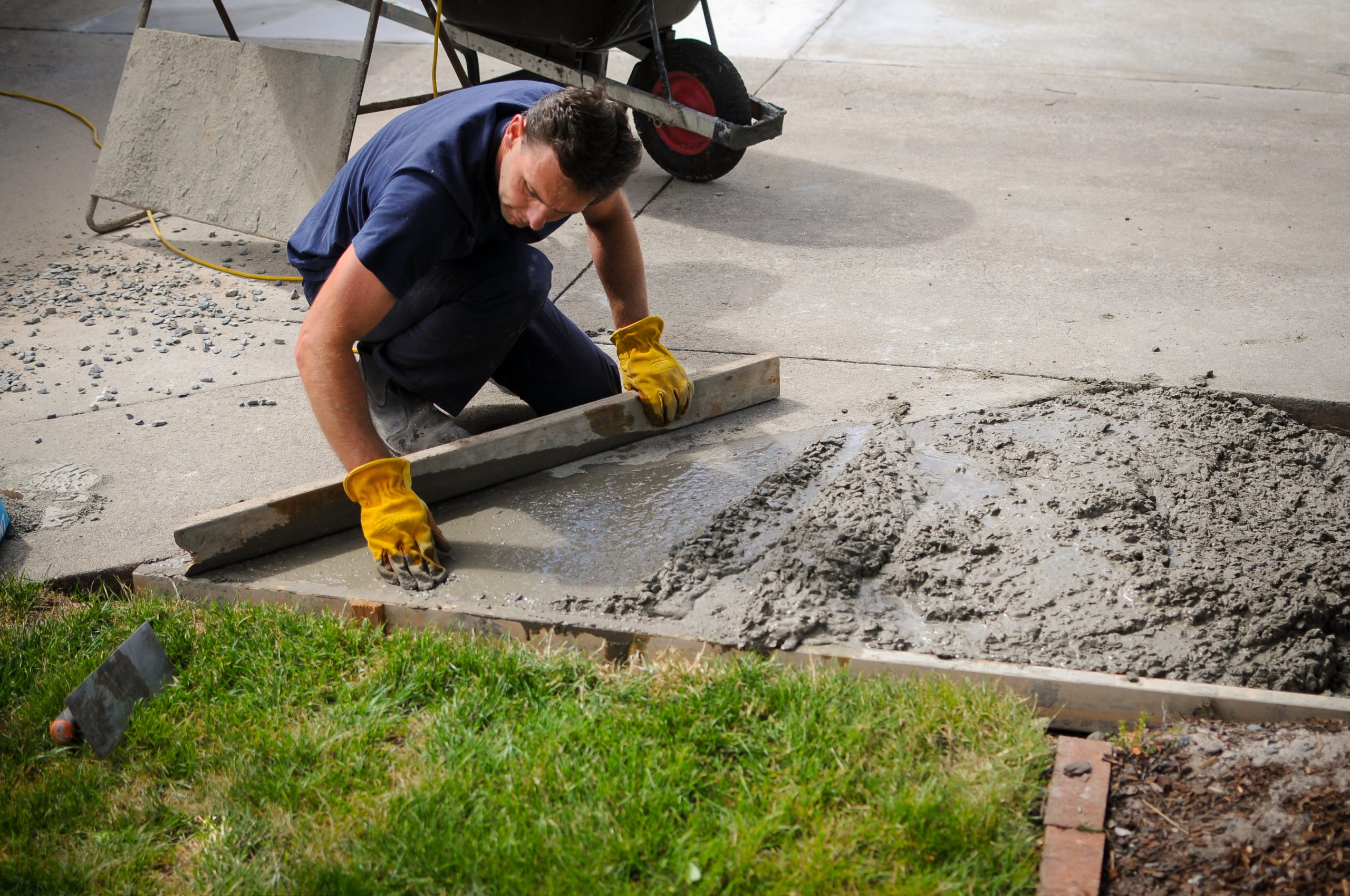
Pressures of daily life often mean we’re always rushing from one task to another, trying to cram as much as possible into our day.
And when you move into a new home, or you’re preparing to put your property on the market, it’s tempting to skate over important issues or try a few DIY jobs that might be beyond your skills because the wait time for a tradie is weeks or even months long.
However, one thing we do know about homeownership and DIY it’s this: stay in your lane.
Poor workmanship will not only be evident when you’re ready to sell your house or apartment, but it also has the potential to be dangerous for you and other members of your household.
Below, we’ve listed some tasks you might be tempted to undertake but shouldn’t.
If you’re preparing your home for sale, we’d recommend using licensed contractors for those essential improvements that will maximise the value of your home.
Knock it down
No, don’t! Wall demolition requires a qualified contractor. You may have convinced yourself it’s not a supporting wall, but you might be wrong. More significantly, you’ll have no idea what’s inside the wall. You may axe or hammer through a water pipe or electrical wire.
Sparks fly
Not in your home, please. A licensed electrician should conduct all electrical work. Please do not try to rewire a wall socket or lighting fixture because you can’t wait for an electrician or don’t want the expense. It’s illegal to do electrical work without a licence.
Be watertight
Some of us may be adept at changing a washer or plunging a clogged sink, but that doesn’t make us a plumber. Get it wrong, and you could cause thousands of dollars of water damage. Call a professional, please.
Crazy heights
The older we get, the wiser we should be, especially when it comes to ladders. Apparently not. Of the 10,000 Aussies and Kiwis hospitalised every year after falling from a ladder, most are aged 50-64. What’s so important that you’re prepared to risk your life?
Strip show
Handling harsh chemicals requires a lot of safety equipment, primarily to protect your lungs. If you want to strip paint from doors or large furniture, get it done professionally. Specialist companies will dip them in an acid bath – job done. Your solution will likely involve a heat gun, stripping chemicals, a scraper and hours of your time.
Floor it
Anyone who has sanded back a wooden floor will know this is back-breaking work. And rarely does an amateur meet the standards of a pro. Replacing flooring is costly, and the savings you think you’re going with a DIY approach will probably cost you dearly in terms of increasing your property’s value.
